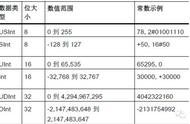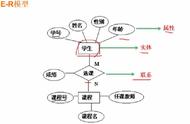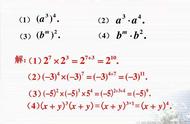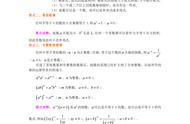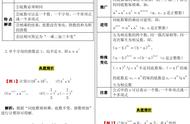- byte 默认值为0
- short 默认值为0
- int 默认值为0
- long 默认值为0L
- float 默认值为0.0f
- double 默认值为0.0d
- char 默认值为'\u0000',即空字符
- boolean 默认值为false
下面是示例代码和注释:
public class DefaultValueExample {
static byte byteVariable;
static short shortVariable;
static int intVariable;
static long longVariable;
static float floatVariable;
static double doubleVariable;
static char charVariable;
static boolean booleanVariable;
public static void main(String[] args) {
System.out.println("byte 默认值: " byteVariable); // 输出 0
System.out.println("short 默认值: " shortVariable); // 输出 0
System.out.println("int 默认值: " intVariable); // 输出 0
System.out.println("long 默认值: " longVariable); // 输出 0
System.out.println("float 默认值: " floatVariable); // 输出 0.0
System.out.println("double 默认值: " doubleVariable); // 输出 0.0
System.out.println("char 默认值: " charVariable); // 输出 空字符
System.out.println("boolean 默认值: " booleanVariable); // 输出 false
}
}引用数据类型:
对于引用类型,默认值为null,表示引用变量不指向任何对象。
public class DefaultValueExample {
static String stringVariable;
static Object objectVariable;
static MyClass myClassVariable;
public static void main(String[] args) {
System.out.println("String 默认值: " stringVariable); // 输出 null
System.out.println("Object 默认值: " objectVariable); // 输出 null
System.out.println("MyClass 默认值: " myClassVariable); // 输出 null
}
}
以上是Java中各种数据类型的默认值的示例代码和注释。
当声明一个局部变量时,如果没有为其赋初值,Java编译器不会为其分配默认值,而是会报错。因此,下面的示例只适用于成员变量或静态变量。
public class DefaultValueExample {
byte byteVariable; // 编译错误:局部变量不会被自动初始化
short shortVariable; // 编译错误:局部变量不会被自动初始化
int intVariable; // 编译错误:局部变量不会被自动初始化
long longVariable; // 编译错误:局部变量不会被自动初始化
float floatVariable; // 编译错误:局部变量不会被自动初始化
double doubleVariable; // 编译错误:局部变量不会被自动初始化
char charVariable; // 编译错误:局部变量不会被自动初始化
boolean booleanVariable; // 编译错误:局部变量不会被自动初始化
public static void main(String[] args) {
DefaultValueExample example = new DefaultValueExample();
System.out.println("byte 默认值: " example.byteVariable); // 输出 0
System.out.println("short 默认值: " example.shortVariable); // 输出 0
System.out.println("int 默认值: " example.intVariable); // 输出 0
System.out.println("long 默认值: " example.longVariable); // 输出 0
System.out.println("float 默认值: " example.floatVariable); // 输出 0.0
System.out.println("double 默认值: " example.doubleVariable); // 输出 0.0
System.out.println("char 默认值: " example.charVariable); // 输出 空字符
System.out.println("boolean 默认值: " example.booleanVariable); // 输出 false
}
}
在上面的示例中,当我们创建DefaultValueExample的实例并访问成员变量时,可以看到它们的默认值。但是,在main()方法中直接声明局部变量时,由于没有为其赋初值,编译器会报错。因此,我们需要在方法中创建一个DefaultValueExample实例,并通过该实例访问成员变量以展示它们的默认值。
,